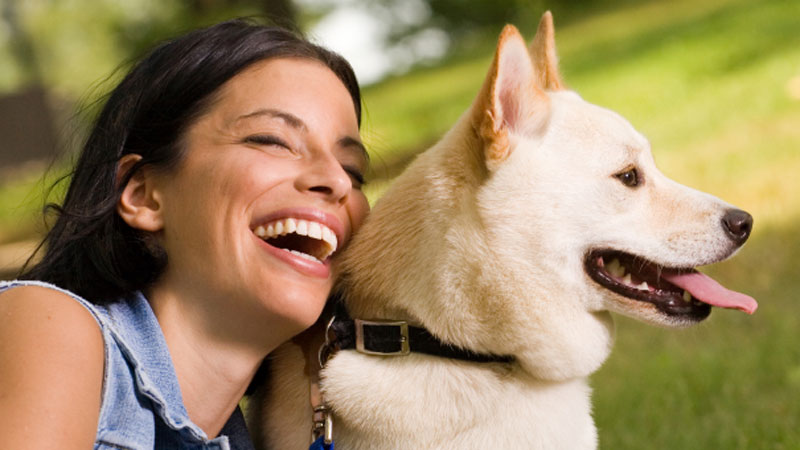Male Dogs
When deciding on whether to have a male or female dog it is useful to consider the health problems seen in each sex as well as behavioural differences. Male dogs tend to be more aggressive to other dogs so you could expect to see more injuries due to fights or running off compared with females. Male dogs also tend to be bigger compared to females of the same breed.
Cryptorchidism is commonly seen in puppies and is a failure of one or both testicles to descend into the scrotum. Testicles can be retained in the abdomen or inguinal area. This is a genetic condition so affected dogs should never be used for breeding. They should always be castrated because the retained testicles have a high chance of becoming cancerous due to being held at a higher body temperature than if they were in the scrotum - this higher temperature can cause cell mutation.
Testicular inflammation or torsion is very painful and usually occurs secondary to a wound or injury. Rapid treatment with antibiotics or anti-inflammatories is required but permanent damage usually requires castration.
Balanoposthitis is inflammation of the penis and prepuce. It is seen normally in entire males to varying degrees and often no treatment is needed, however if the penis looks sore, is bothering the dog or there is excessive green discharge then antibiotics and or anti-inflammatories can be required. Castration tends to resolve long term or recurrent problems.
Paraphimosis is the inability to retract the penis. The penis gets stuck beyond the end of the prepuce and it quickly becomes swollen and sore. The blood circulation can become impaired, so the penis needs to be replaced as soon as possible. The use of cold packs and lubrication generally work to reduce swelling. Again, castration is the treatment of choice in recurrent cases.
Benign prostatic hyperplasia is very common in unneutered male dogs over 6 years old. The enlargement may not cause any problems but in severe cases it can interrupt the flow of urine or make it difficult to pass faeces. There is an injection that can reduce the size of the prostate called Tardak, but castration is the preferred long-term solution.
Prostatitis is inflammation of the prostate and is usually due to a bacterial infection. It is painful and often causes a fever. Treatment with painkillers and antibiotics brings the infection under control but castration is advised to prevent recurrence. Abscesses can develop in severe cases which make the dog poorly, usually requiring hospitalisation for intravenous medication and sometimes surgery.
Prostatic cysts can be incidental but large ones will require surgical removal as they can cause pain when passing faeces or urine.
Prostate cancer is fortunately uncommon in dogs. They generally present with problems urinating or defecating, often pass blood in the urine and on rectal examination the prostate is enlarged and painful. There are few treatment options available as prostatic cancer is aggressive and has usually spread by the time diagnosis is achieved.
Testicular cancer is not that common in dogs - older entire dogs may develop tumours in the testicles but the majority are benign so are cured by castration.


